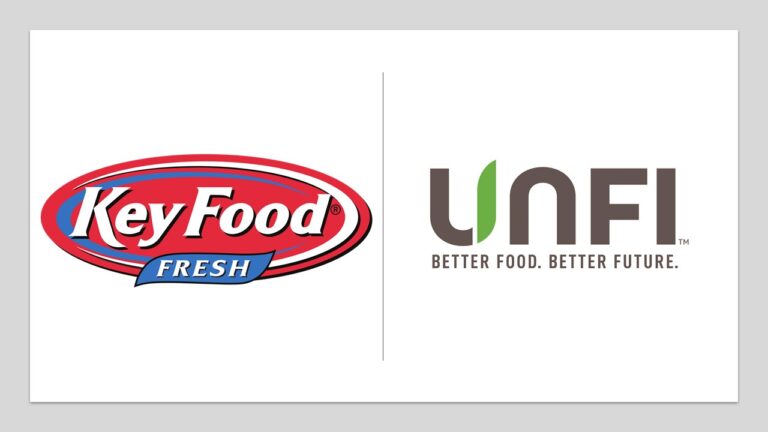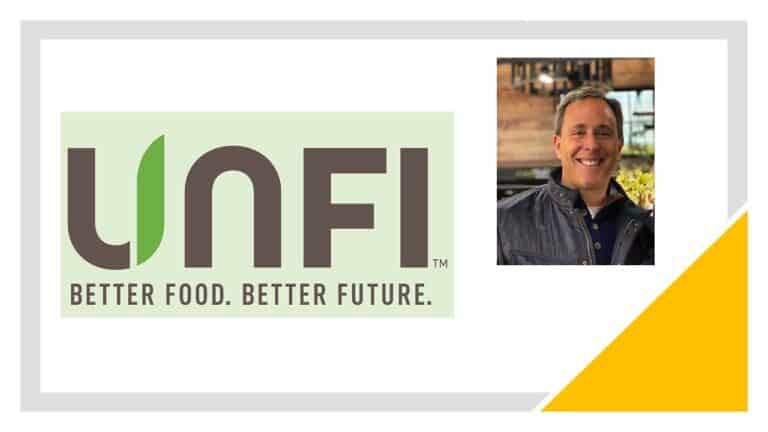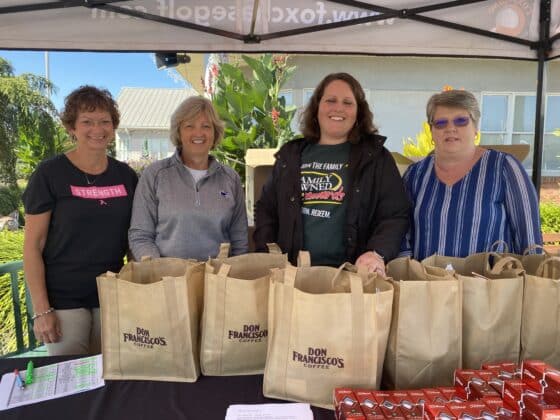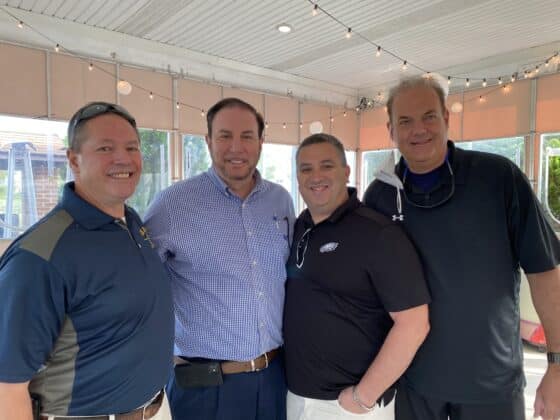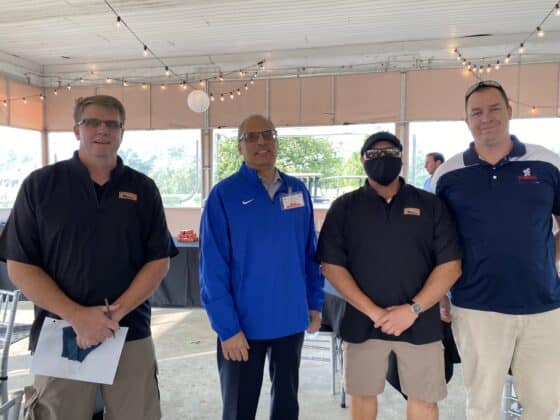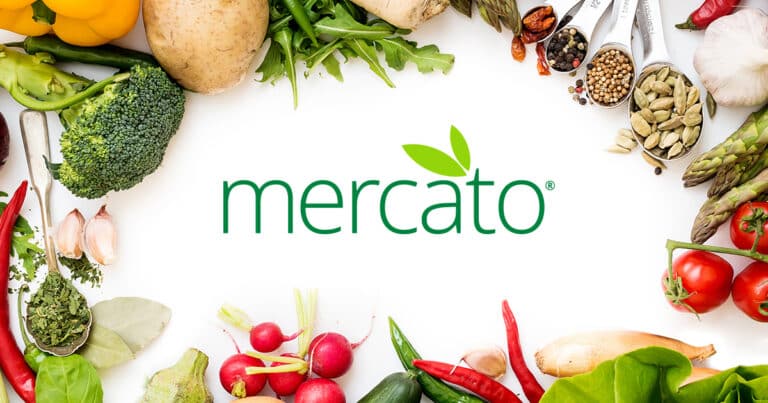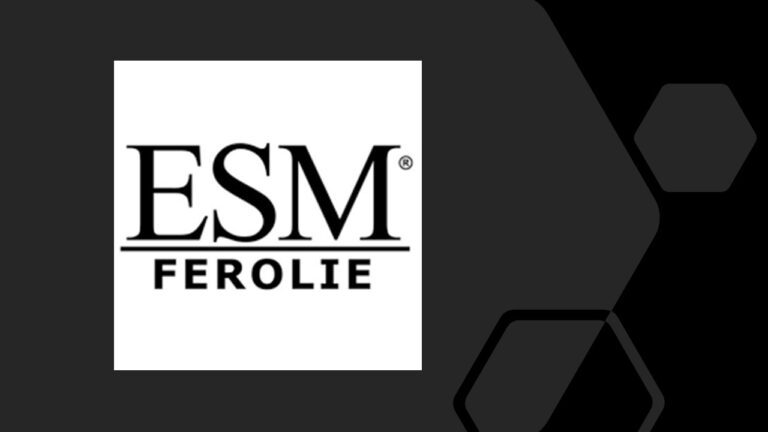Fueled by increased sales experienced during the COVID-19 pandemic, Providence, RI-based UNFI capped what chief executive Steve Spinner said was a “monumental” year by posting a net profit increase of 173 percent to $52 million for the period ended August 1, a 207.1 percent increase on a comparable basis. For the full fiscal year, UNFI posted record sales of $26.5 billion, an 18.9 percent gain over fiscal 2019.
“Our financial results in the fourth quarter and for the year produced record sales and adjusted EBITDA, driven initially by the strength of our innovation work and consumer demand driven by COVID, as well as UNFI’s execution success,” Spinner told financial analysts at the company’s conference call on September 29. “Fiscal 2020 was a monumental year for UNFI as the demonstrated flexibility and strength of our supply chain network led to full year results that exceeded our expectations. At the same time, we’re focused on keeping our associates safe and maintaining the food supply chain for communities across North America through the unprecedented events of 2020, including the pandemic, civil unrest, and natural disasters. We’re continuing to execute with passion and purpose on our strategy and expect further growth in fiscal 2021.”
A day earlier, the veteran distribution executive said he would be retiring from the company he has led since 2008 after the conclusion of the term of his employment agreement on July 31, 2021, or earlier upon the appointment of a successor. Spinner has agreed to remain on the board to serve as executive chairman following his retirement as CEO. UNFI said that its board has already initiated a search to identify UNFI’s next chief executive and, consistent with good governance practices, has engaged a leading executive search firm to assist in the process. The CEO search will include both internal and external candidates.
Commenting about his upcoming retirement, Spinner, 60, said: “It has been my honor to lead UNFI over these past 12 years and a pleasure to have worked alongside our exceptional associates. We serve an important mission of delivering food to millions of people every single day. When reflecting on my tenure as CEO, I’m most proud of our people and our culture, where our shared beliefs drive everything we do. The future has never been stronger for UNFI as our integration work is nearing completion and we now look toward expansion of new services, technologies, brands and our vast supply chain network. In close collaboration with the board, I decided now is the right time for the company to transition to its next leader. As we enter the next chapter, I have great confidence in the strength of our team and the opportunities ahead and look forward to my continued service as executive chairman.”
Other key UNFI metrics in assessing fiscal 2020 include: a net loss of $274.1 million, compared with a net loss of $284.7 million in fiscal 2019 (a 53-week fiscal year); gross profit of $3.87 billion, compared with $3.2 billion in 2019; and adjusted EBITDA increase to $673 million, from $563 million a year ago.
UNFI also said it has paid $388 million of its long-term debt, now totaling $2.44 billion at the end of fiscal 2020.
In its 13-week Q4, the national wholesaler said sales from continuing operations in the fourth quarter of fiscal 2020 were $6.75 billion compared to $6.26 billion last year when excluding the additional week in fiscal 2019, which accounted for $475 million in net sales last year. Retail identical store sales at its Shoppers Food and Cub Food units for the fourth quarter of fiscal 2020 increased 21.0 percent compared to the fourth quarter of fiscal 2019.
Operating expenses in the fourth quarter of fiscal 2020 were $884.1 million, or 13.09 percent of net sales, compared to $894.3 million, or 13.29 percent of net sales in the fourth quarter of fiscal 2019. The decrease in operating expenses as a percent of net sales was driven by leveraging fixed operating and administrative expenses over higher revenues as well as the benefit of synergy and integration efforts, partially offset by $31 million, or 45 basis points of net sales, of incremental costs related to COVID-19.
Operating income in the fourth quarter of fiscal 2020 was $79.0 million and included $20.6 million of restructuring, acquisition, and integration related expenses and $16.3 million of loss on sale of assets. Operating income in the fourth quarter of fiscal 2019 was $95.7 million and included a benefit from a goodwill and asset impairment adjustment of $39.8 million and a gain on sale of assets, partially offset by restructuring, acquisition, and integration related expenses of $19.4 million.
During the analysts’ conference call, UNFI CFO John Howard detailed an earlier reported realignment of its sales channels. Having put the sales of retailer Cub Foods and Shoppers Food on temporary hold, UNFI has shifted those assets in continuing operations.
In the new structure, the company’s “chain” sales now include all retailers with 10 or more stores (excluding Whole Foods). Independent retailers are classified as having fewer than 10 stores. Its supernatural channel includes Whole Foods.
During the fourth quarter, “Chain” sales increased 21 percent to $10.7 billion for fiscal 2020 (when viewed on an annualized basis) and increased 6.9 percent in Q4. Revenue from “Independent Retailers” grew by 21 percent to $6.7 billion for 2020 (when viewed on an annualized basis) and increased 11.4 percent in Q4. In its “Supernatural” channel, sales jumped 7.4 percent to $4.7 billion for 2020 (when viewed on an annualized basis) and increased 3.6 percent in Q4.
UNFI president Christopher Testa said the “Chain” channel accounts for about 40 percent of UNFI’s sales and stated that three customers filed bankruptcy in the second quarter of fiscal 2020 (Earth Fare, Lucky’s and Fairway), which caused a negative 270 basis points impact.
Looking forward, UNFI said it expects 2021 sales to reach $27 billion to $27.8 billion with net income in the $154 million to $183 million range.
“While we expect continued demand and strong results in the back half of the fiscal year, it’s important to keep in mind that year-over-year comparisons will moderate as we lap the pantry building that occurred at the outset of COVID during March and April of 2020. And while we still expect elevated demand in the third quarter, sales in that quarter are expected to be lower than the third quarter of fiscal 2020 due to the unprecedented stock-up surge as COVID began to spread,” Howard noted.
Perhaps it was the announcement of Spinner’s pending retirement, perhaps it was concern about the company’s predicted growth flattening in the second half of fiscal 2021,or maybe it was lingering concern about UNFI’s still significant net loss, but shares of the company’s stock tumbled from $19.35 per share to $15.60 per share in the 48 hours after the company released its earnings and the announcement of Spinner’s pending departure.


